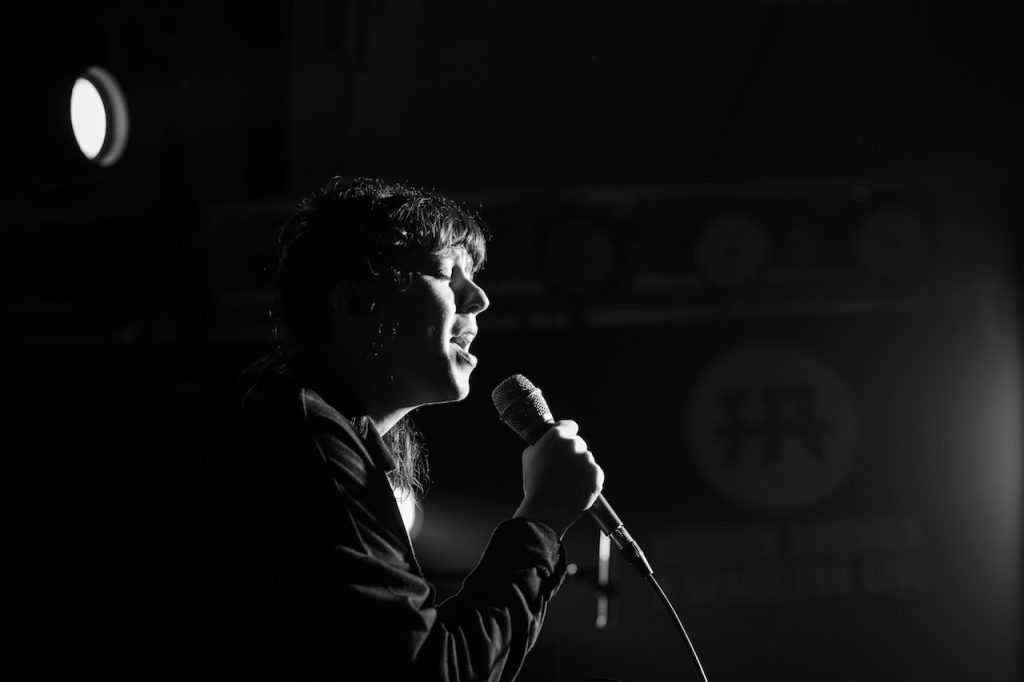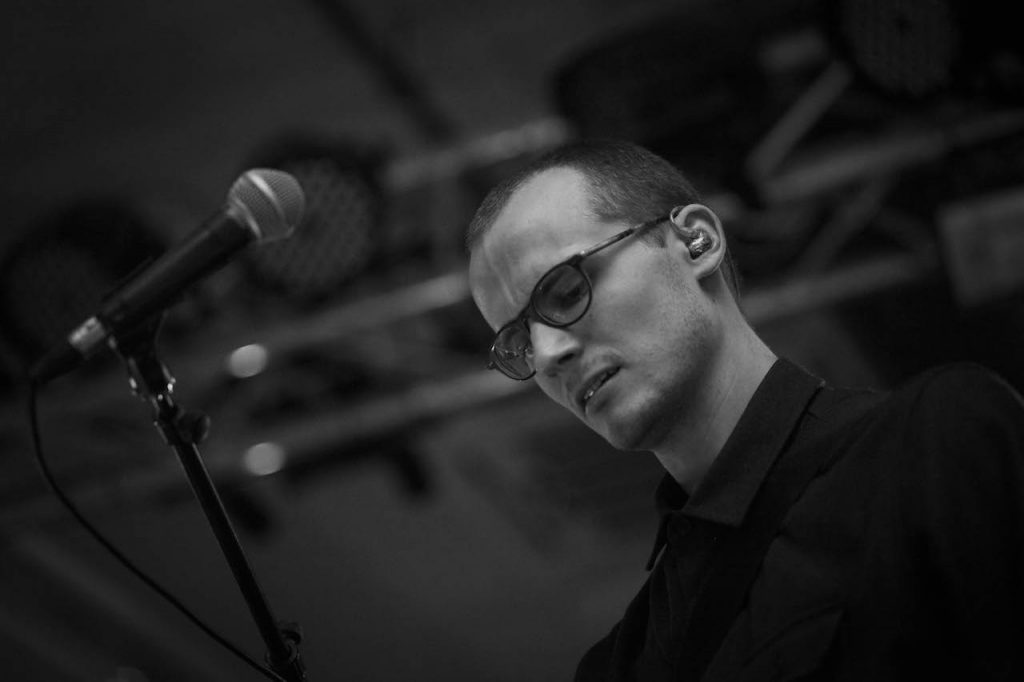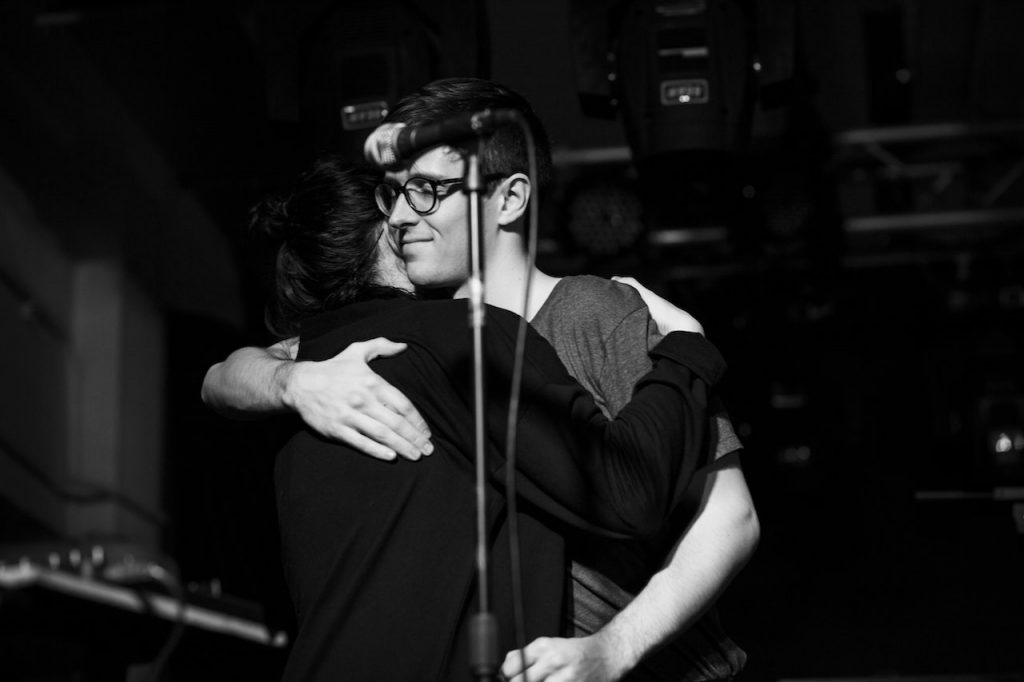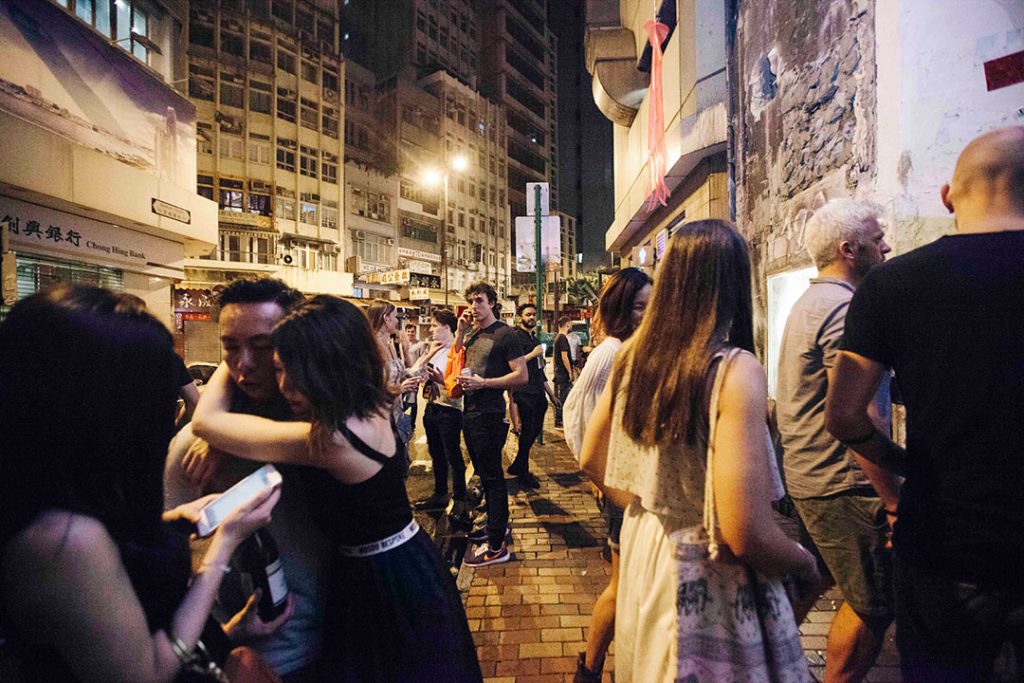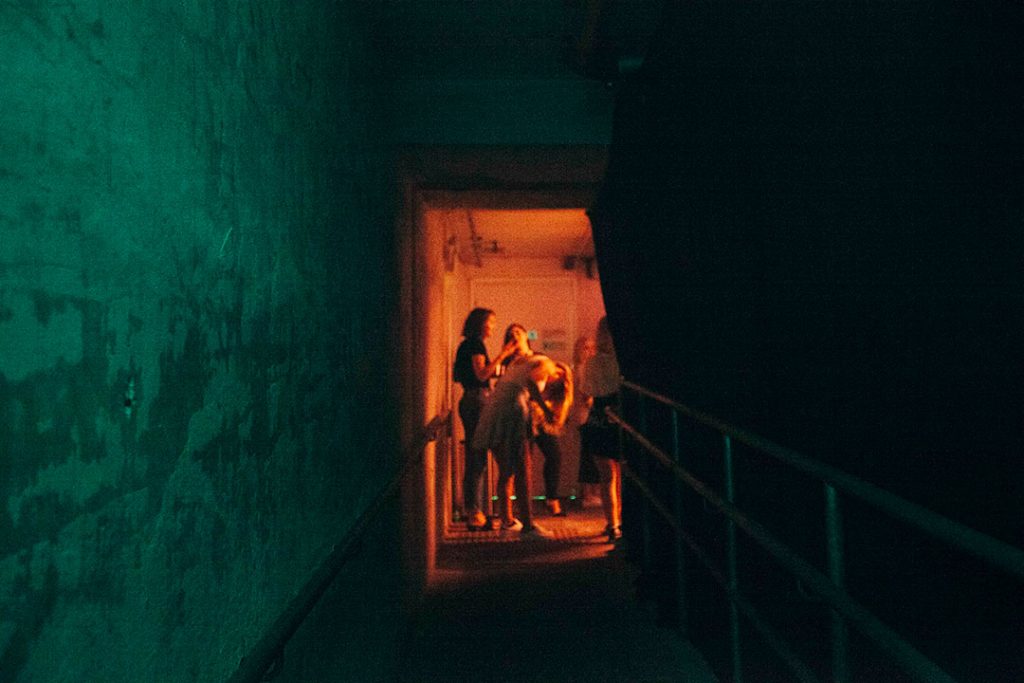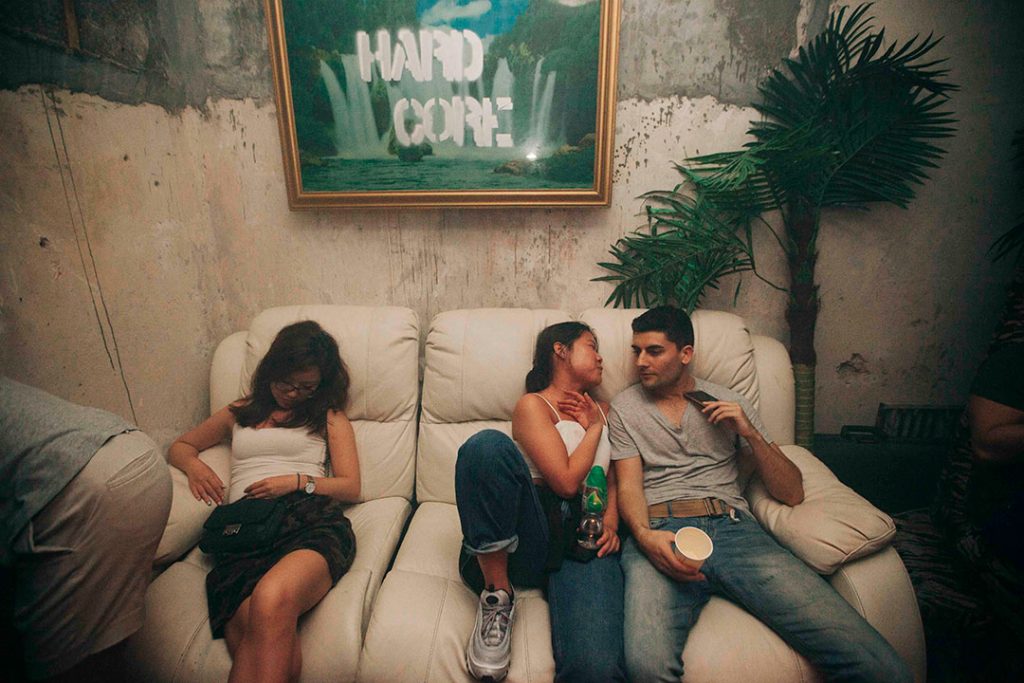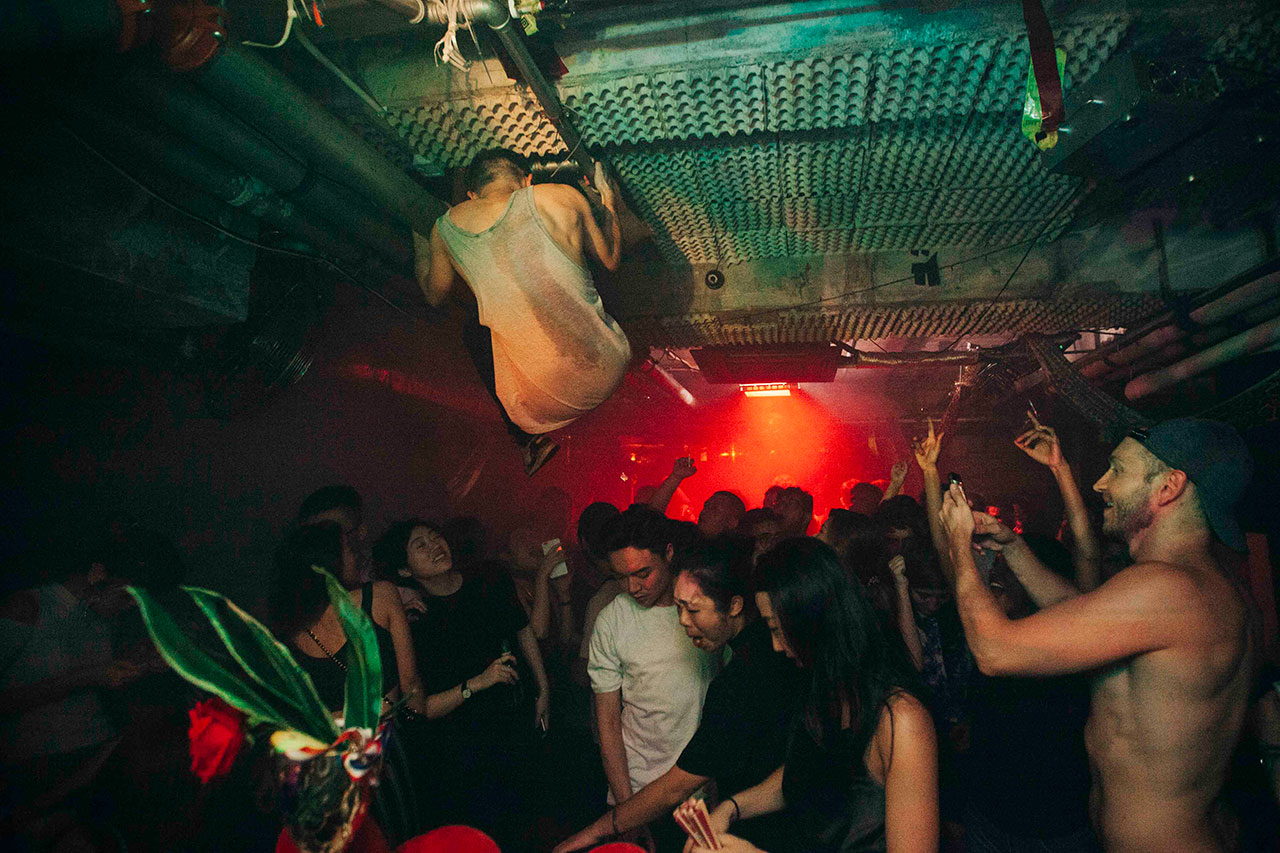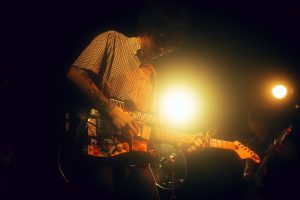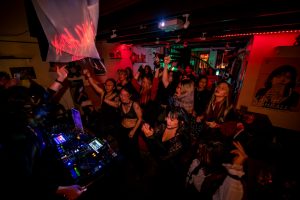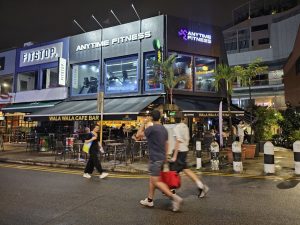On a Sunday morning, at around 5am, the Premium Sofa Club purged its smoke-ridden, cozy basement for the last time. The street was already dotted with small groups of party-goers who had been unable to enter the venue, where m oving through the room felt like an assault on all the bodies around me.
Luckily, they were not the type of crowd to care.
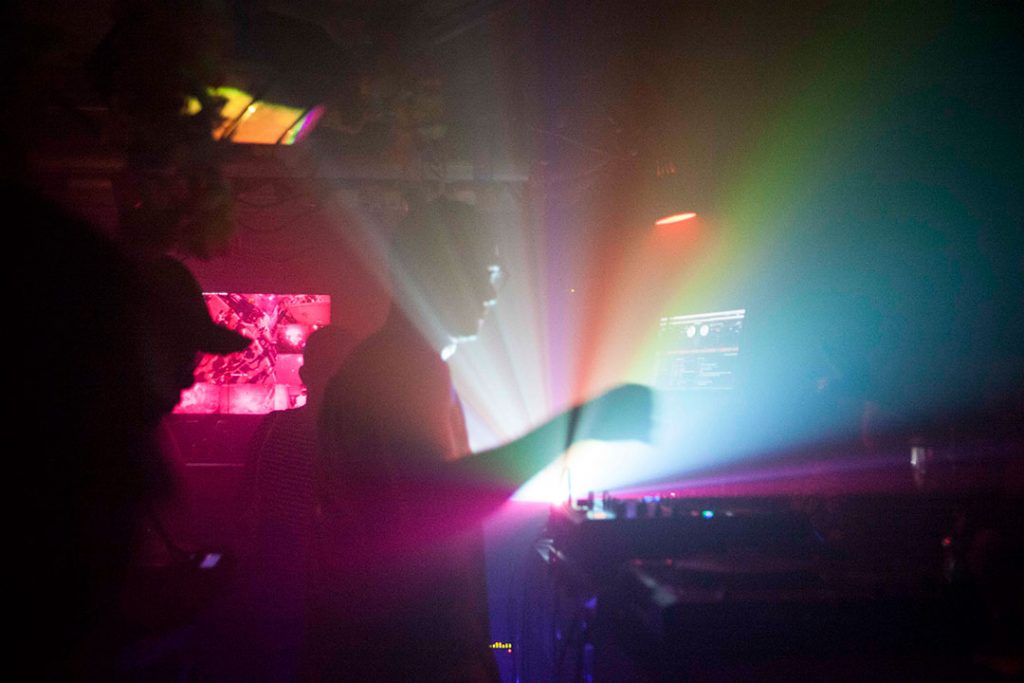

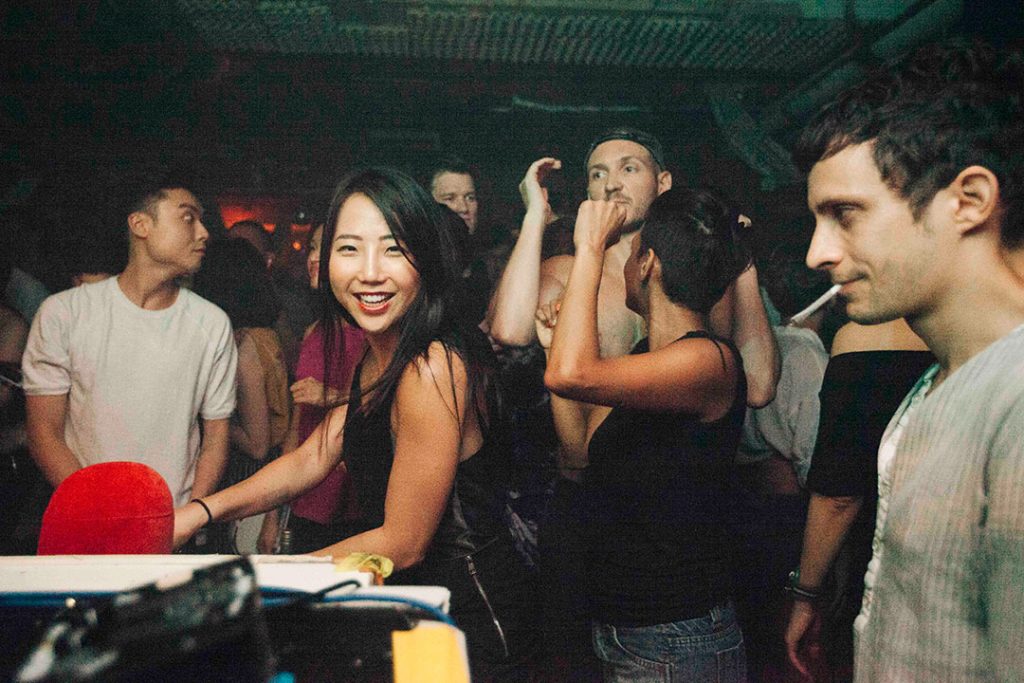
“The club scene was run by very few families and companies, and I wasn’t welcome. It was all run by the guy who owns Volar, and you had to look like a model just to DJ.”
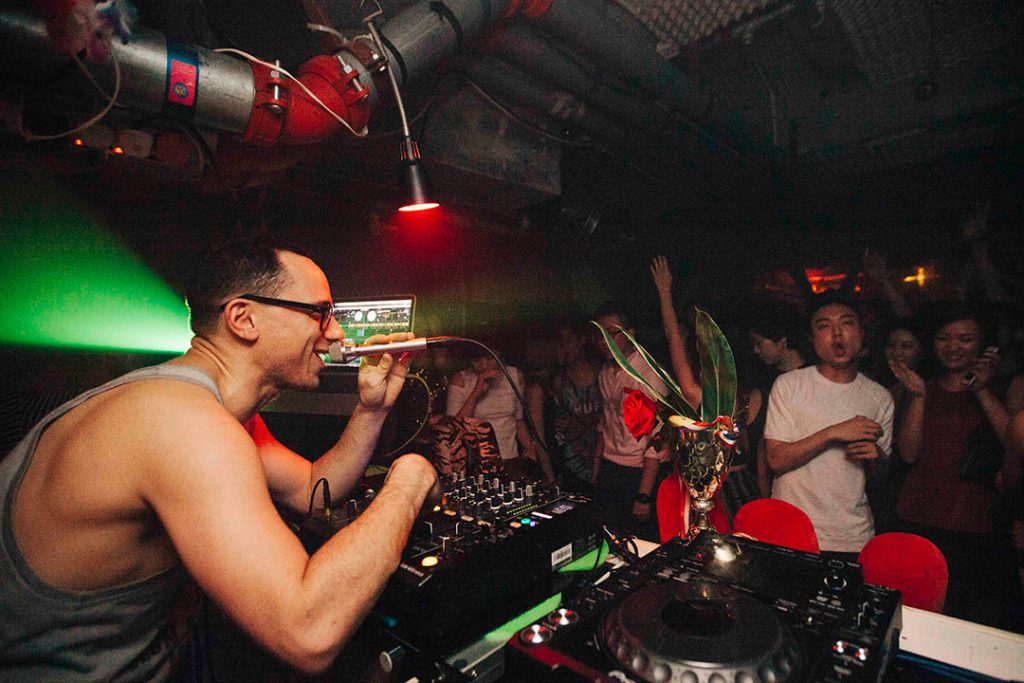
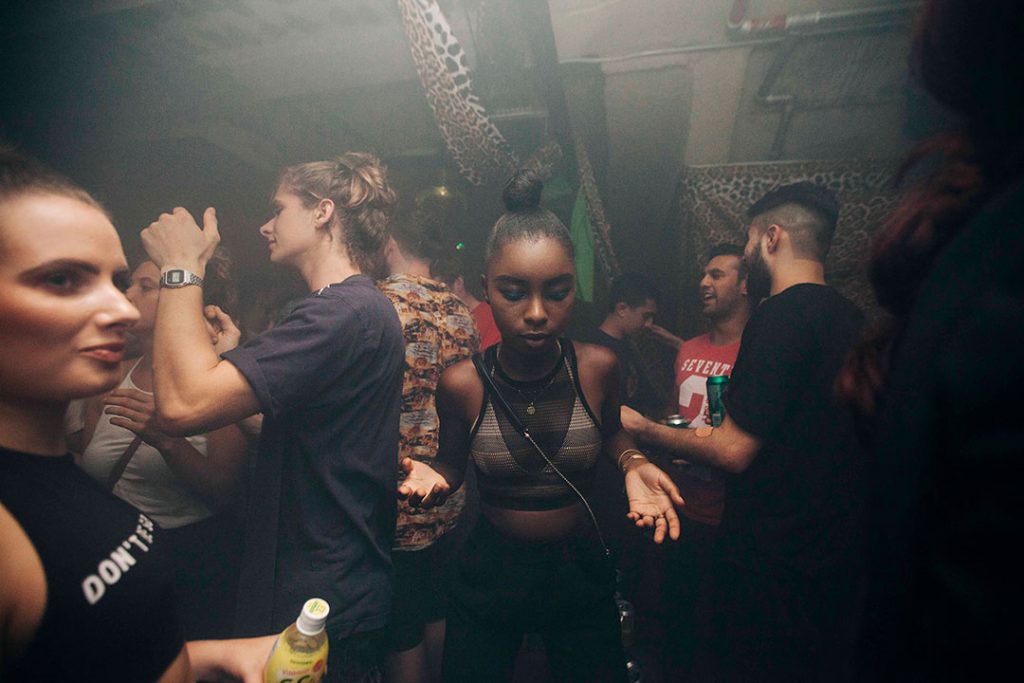
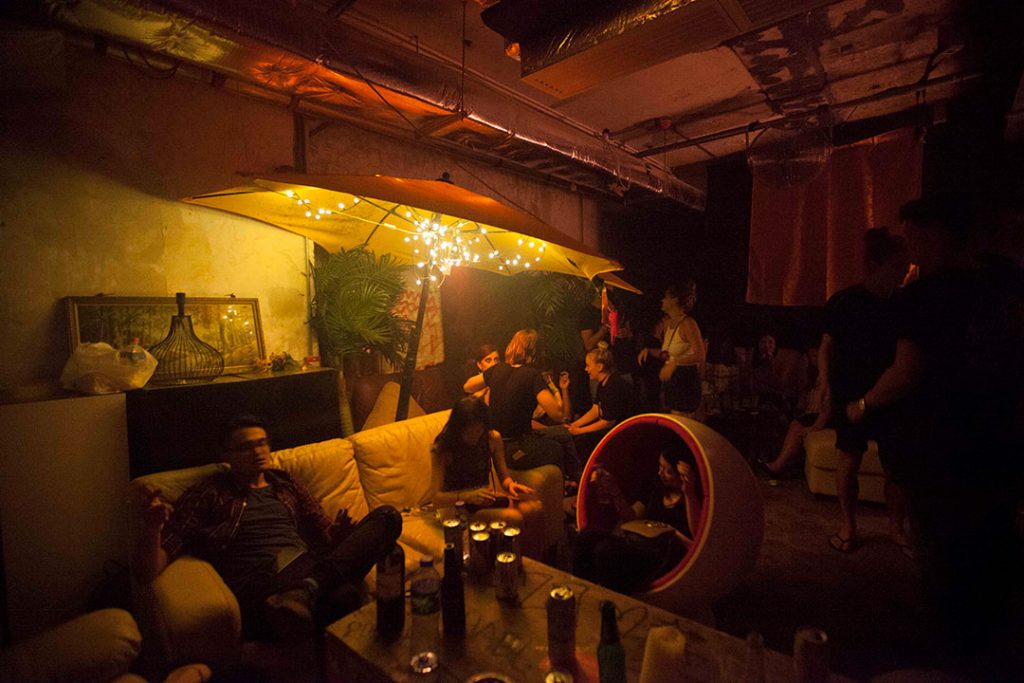
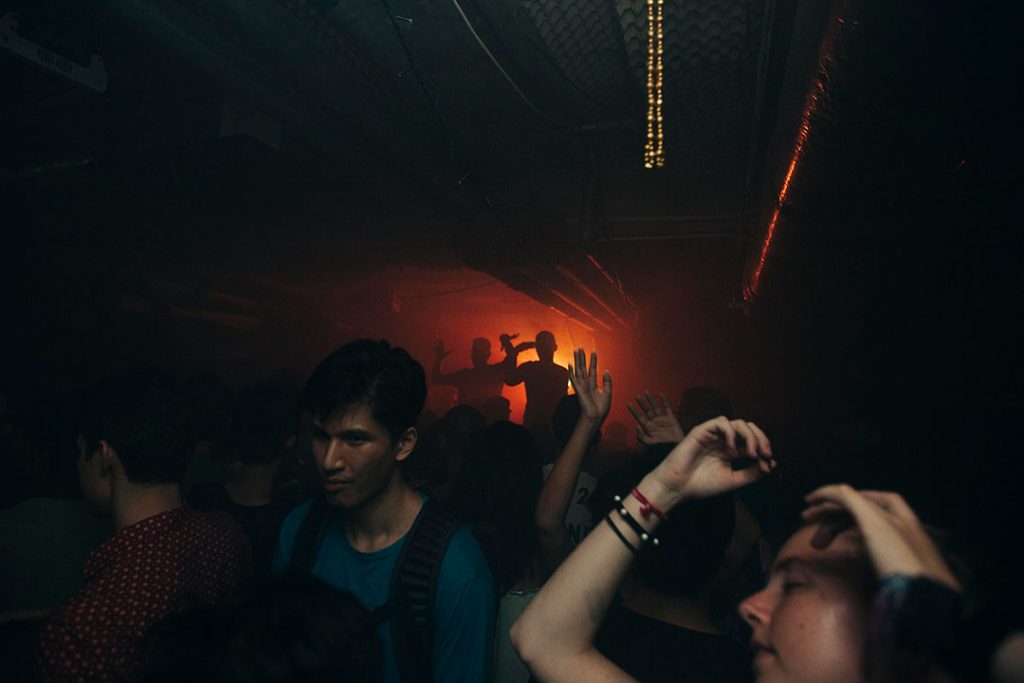
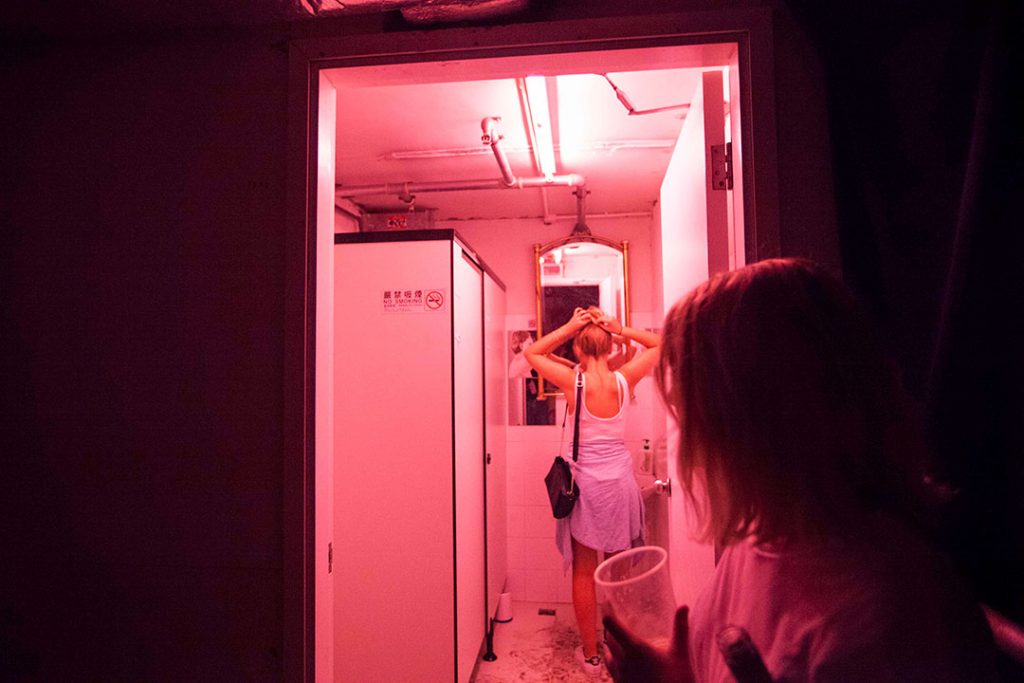
“All I can say is that Hidden Agenda was being targeted,” says Bob Wan who has been working alongside HA owner Hui Chung since the beginning.
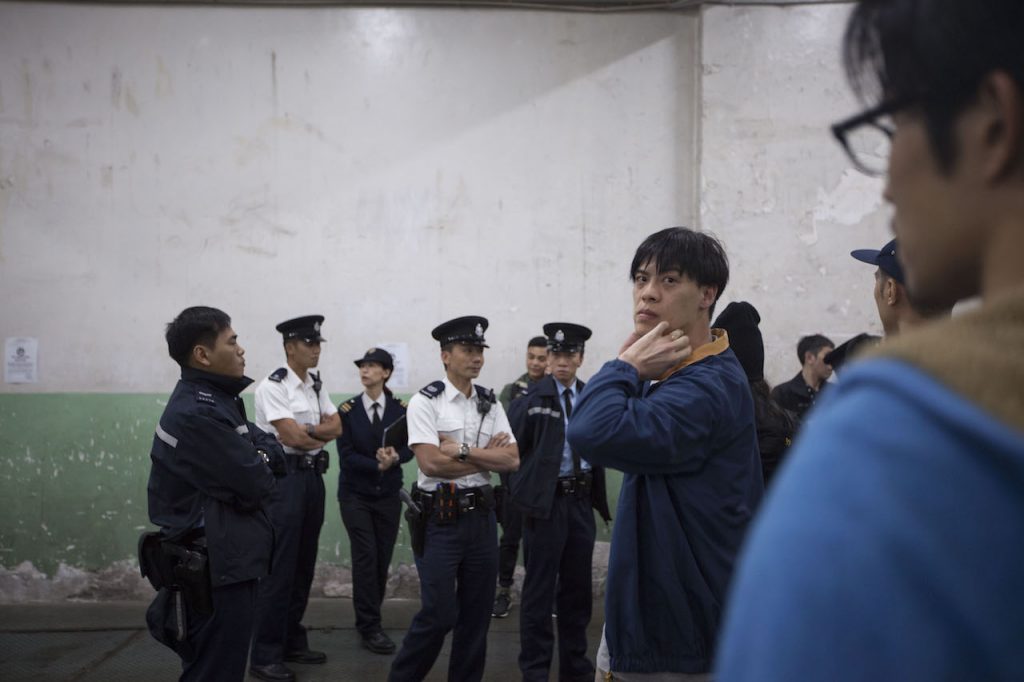
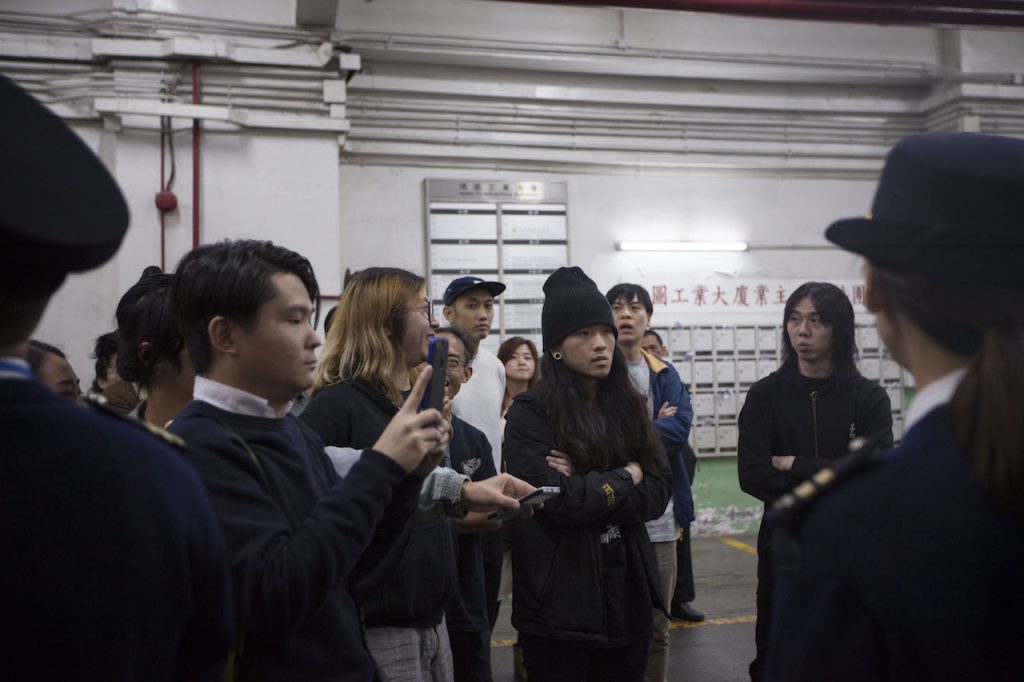
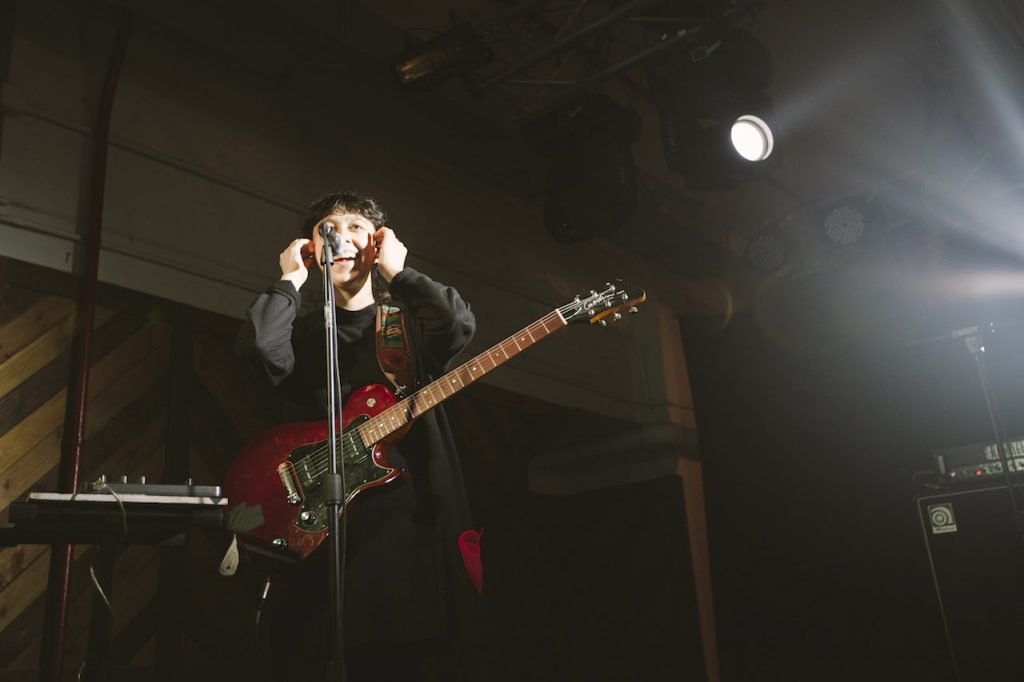
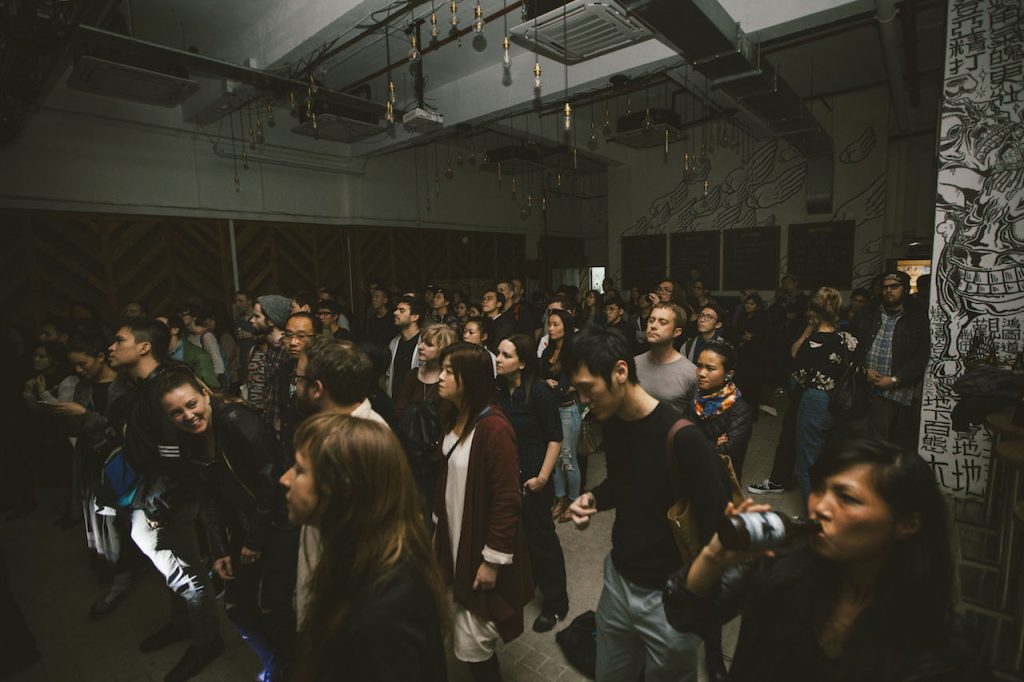
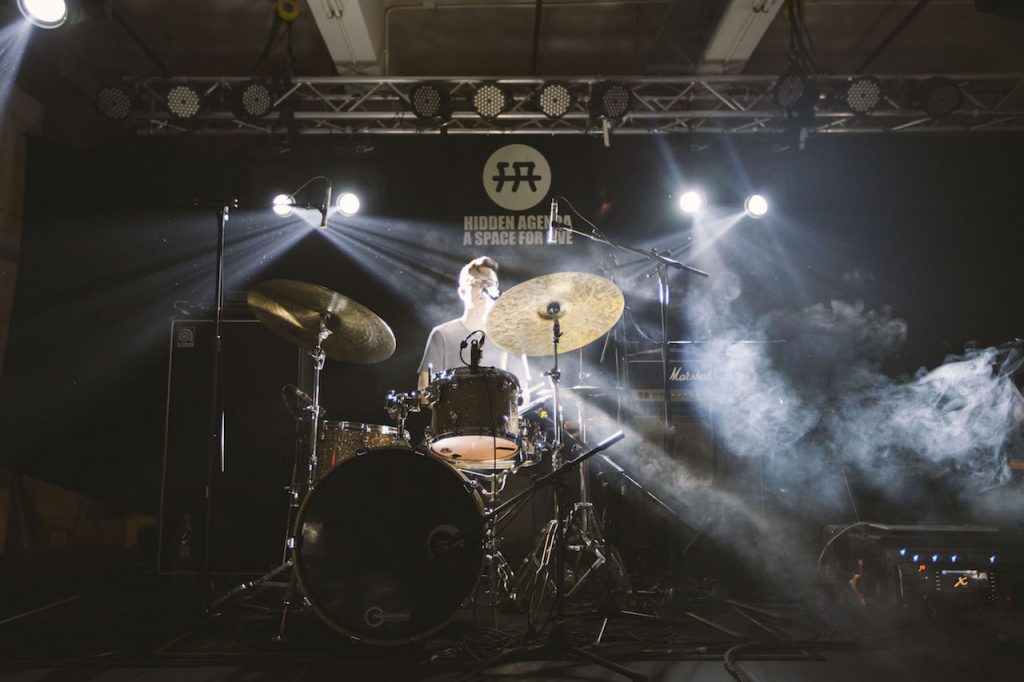
In my interview with Bob, he formally congratulated the Hong Kong Government for “destroying a world famous indie venue.” Without the option of existence in industrial spaces and the sky high rent of commercial ones, Wan thinks the future of Indie music and affordable performances in Hong Kong is bleak.
